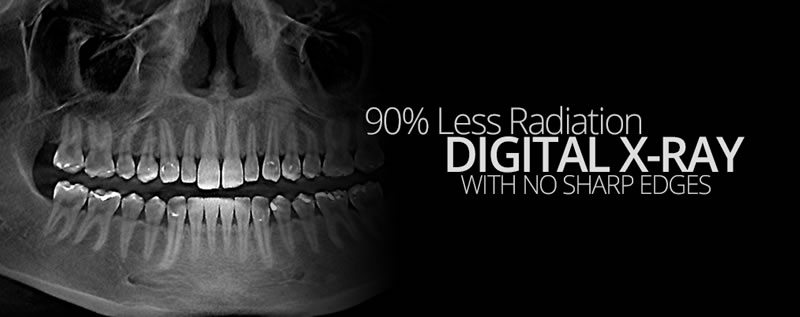How does your dentist know when you have a cavity developing between your teeth, or a wisdom tooth beneath the gumline that isn’t growing in properly?
Dental x-rays provide a picture of what’s happening in areas we normally cannot see. Early decay, impacted teeth, abscesses and bone loss from gum disease are all things that dental x-rays reveal.
When the nerve in a tooth is badly damaged, either by an accidental trauma or because of dental decay, sometimes your dentist (or a dental specialist like an Endodontist) will perform Root Canal Therapy, where a hole is made into the tooth and the damaged nerve (or pulp) is removed with a special file and replaced with a filling material. Usually the tooth is later fitted with a new top called a Crown to help it remain strong.

Do I need x-rays at each visit?
How often you need to have x-rays also depends on your oral health. A healthy adult who has not had cavities or other problems for a couple of years probably won’t need x-rays at every appointment. If your dental situation is less stable and your dentist is monitoring your progress, you may require more frequent x-rays.
If you are not sure why a particular x-ray is being taken, ask your dentist. Remember that dental x-rays deliver very little radiation and they are a vital tool for your dentist to ensure that small problems don’t develop into bigger ones. Asking questions and getting answers is a part of good health care.

